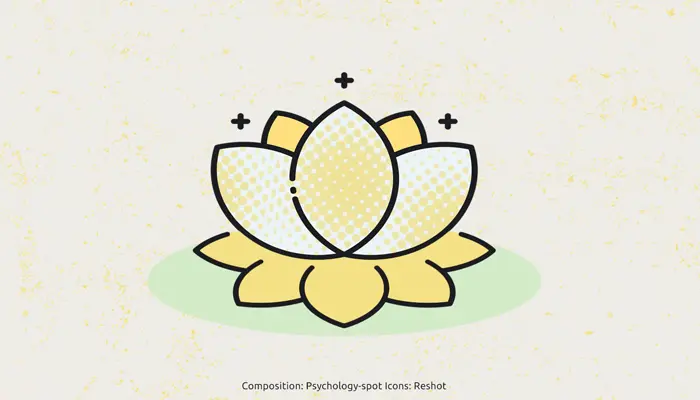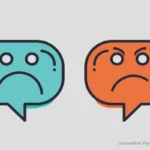
In 1975 the Hungarian psychologist Mihaly Csikszentmihalyi spoke for the first time about psychological flow. He described it as a state in which we are so immersed in the activity we are doing that we simply lose self-awareness and let ourselves go, perfectly in tune with the environment.
Of course, the concept of flow is not new. Philosophical currents as old as Buddhism and Taoism already spoke of the existence of a kind of energy in which we can immerse ourselves to achieve a complete communion between mind and body that helps us achieve our goals with minimal effort. It is the wu-wei.
However, flowing is not simply going with the flow, as many think. Actually, getting carried away by circumstances can take us away from our goals, cause us to completely lose our bearings, take away our ability to decide and plunge us into a state of dissatisfaction.
The dangers of going with the flow
It is more comfortable to let life act on us. Blame the others. Escape from our responsibilities. Let the others decide for us. Hide behind the excuse that the circumstances are not propitious. Go, in short, where the wind blows.
At first glance, people who follow these paths seem even more flexible, relaxed, and happy.
However, this “philosophy of life” contains a danger that cannot be underestimated: not making decisions.
In the long run, letting yourself go with the flow means becoming like leaves moved by the wind. Generally, these are people who never get to take control of their lives because they do not act, they simply limit themselves to responding.
Although that attitude may seem liberating, it actually makes them slaves to their circumstances. People without concrete goals or plans to achieve them are at risk of getting caught in the web of events.
They are often indecisive people, who are not clear about what they want, do not have enough courage to pursue their dreams or are not willing to commit. As a result, it is not uncommon for them to give great weight to circumstances and minimize their power.
In those cases, letting go simply becomes a defense mechanism for doing nothing. Those people don’t flow, they just have a locus of control external. Therefore, they risk spending much of their lives dependending on circumstances, waiting for favorable winds that will probably never come.
The result is usually frustration and life dissatisfaction.
What does flowing really mean?
Flowing does not mean staying inactive. It is not synonymous with passivity. In fact, one of the most important principles of wu-wei is: “leaving nothing undone.” Flowing means learning to trust events and take advantage of circumstances, but it does not mean going with the current at all times or giving up our ability to decide.
Flowing is doing things spontaneously and naturally, without burdening ourselves with unnecessary worries or adding tension by choosing the wrong moments. Embracing the flow does not mean that we should not have goals, but that we must remain vigilant to take advantage of the right circumstances that will allow us to achieve our goals without adding unnecessary mental pressure.
Like a good sailor, we must wait for the right wind to blow to unfurl the sails. We cannot leave them always unfolded remaining at the mercy of changes in the wind that take us away from our destination. And we must have a plan B for the days when the sea is not favorable.
In fact, to learn to flow we must be more aware of our reality than ever, of ourselves and our world to be able to detect those windows of opportunity that help us achieve our goals.
Flowing also implies knowing our personal and situational limitations. So we can counteract them or, if necessary, set more realistic goals. To flow is not to set sail with our eyes closed, but to plan, prepare and, once at sea, make decisions according to the circumstances that bring us closer to our destination.
If we succeed, if we learn to flow, our life will be easier. If we just go with the flow, we can end up running aground on an inhospitable island.



